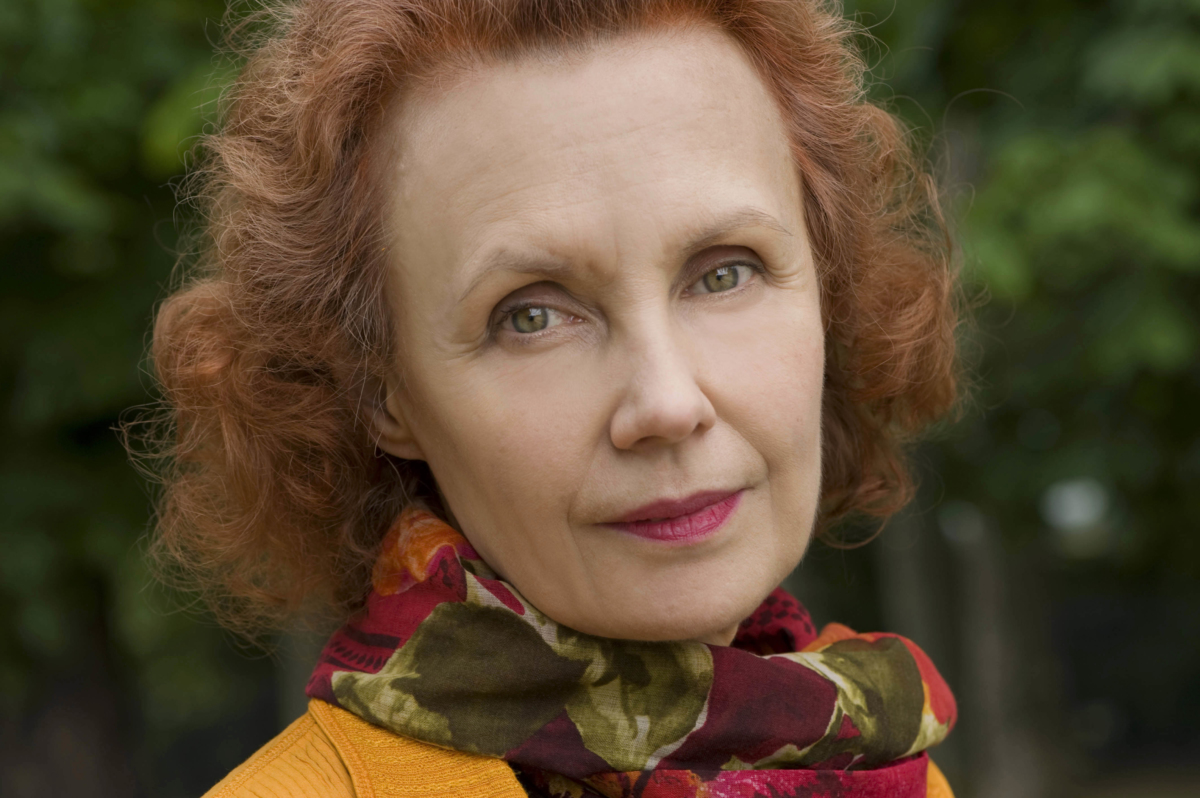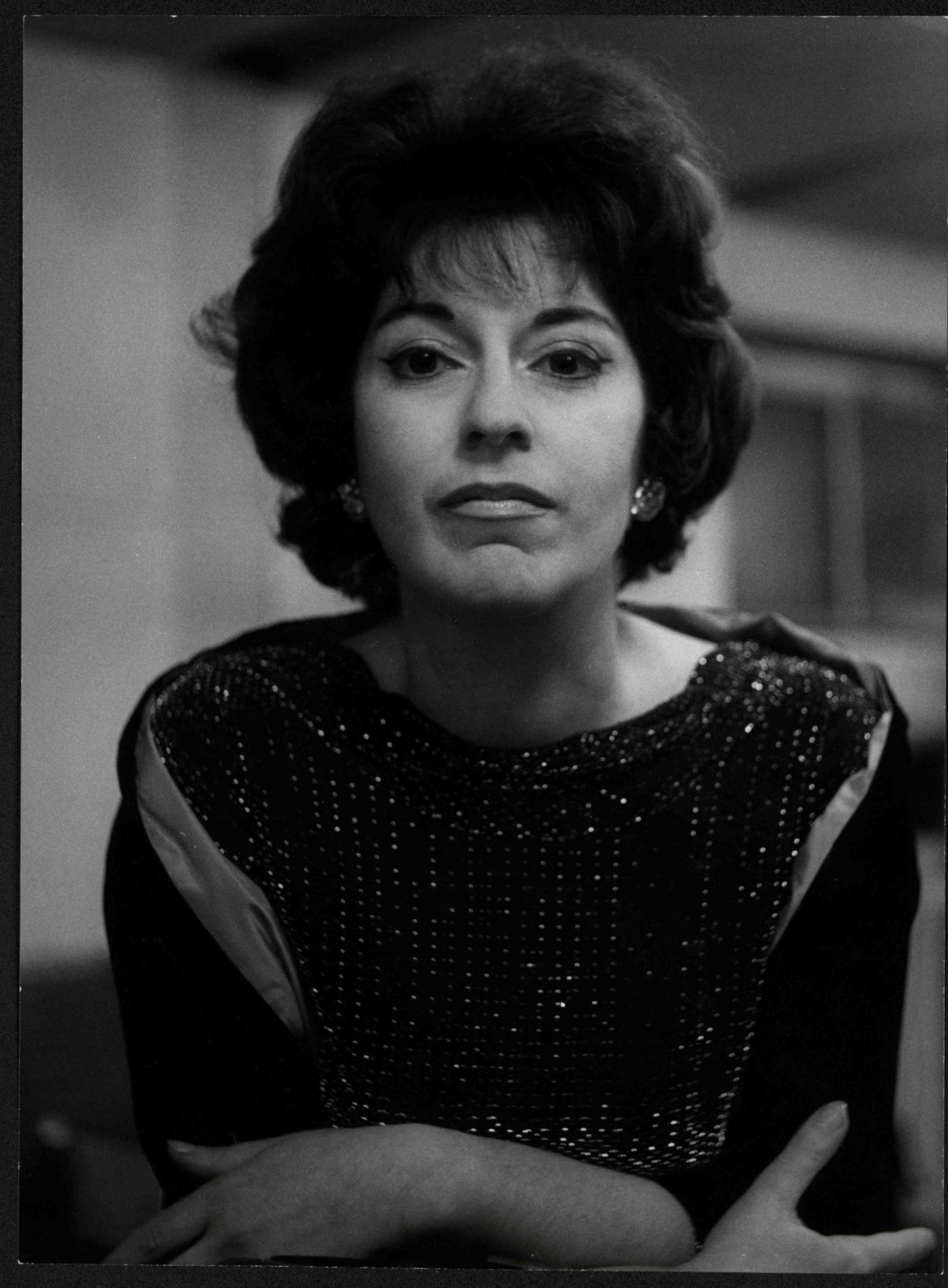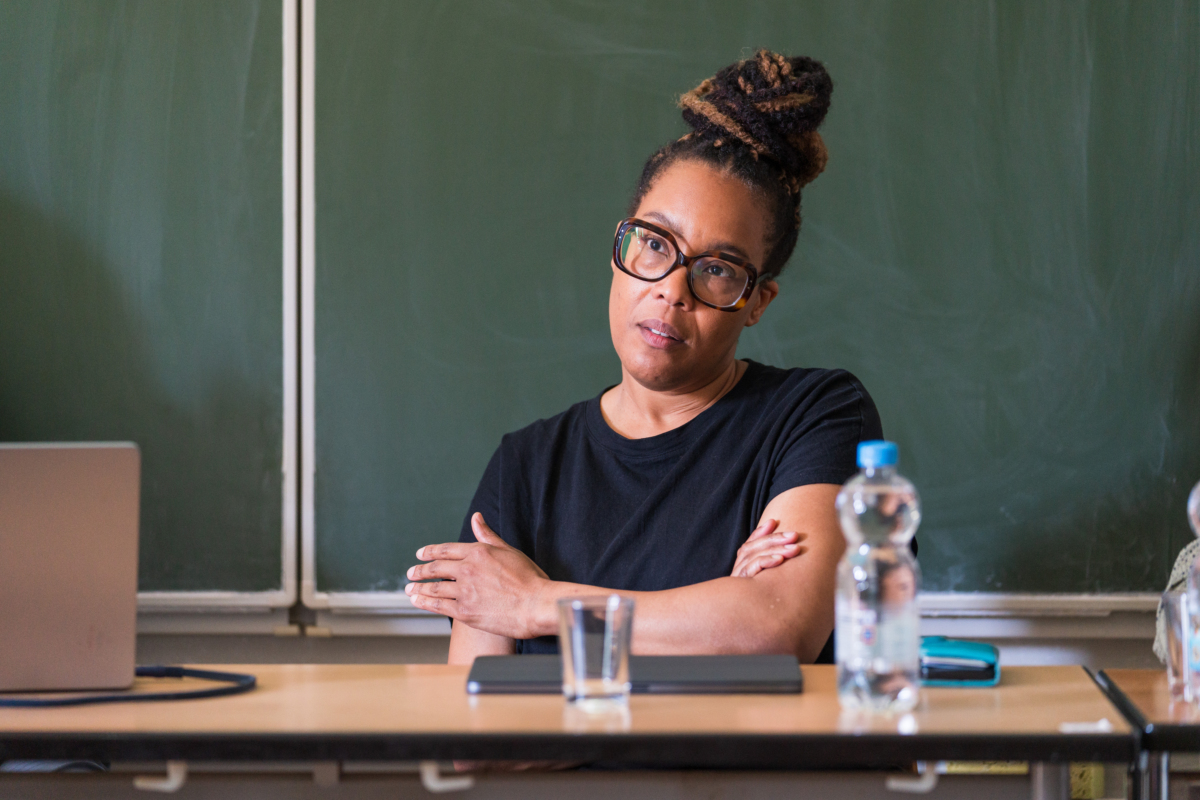Internationales Musikinstitut Darmstadt (IMD) – August 2023
IN CONVERSATION WITH ELAINE MITCHENER AND JULIET FRASER
Sophie Emilie Beha
“They are among the most versatile and go-getting singers of our time. Elaine Mitchener deepened her love of singing as a teenager, through gospel music and jazz, and later through classical training at the conservatory. Juliet Fraser did not begin singing seriously until she was 20 years old – until then she wanted to be an oboist. For both, singing was a need, a form of artistic expression, a fulfillment.”
What’s your craziest sound?
Elaine Mitchener:
I don’t really have any crazy sounds. When I improvise, I look for sonic expression and take inspiration from my surroundings and everyday life. I look for textures and sounds to convey thoughts, ideas and feelings – I try to express a deeper truth. Sounds can be captivating, unusual and profound. What is a “crazy” sound to one person is beauty and truth to another.
Juliet Fraser:
I don’t think in terms of “craziness” either. I mean, you always respond to the character of the material. So if the material is trying to express craziness, then maybe you want the sounds to sound crazy. But we talk about craziness as something that goes beyond the normal – that describes all the music I’m interested in! All of it is about pushing the boundaries of normal. Everything is about breaking down traditions and breaking through the limitations that are imposed on the voice. In a way, I hope that all the sounds are crazy and at the same time none of the sounds are crazy.
“Going beyond the normal, breaking traditions and limitations” – what has helped you on this path?
JF The most important thing is this inexplicable love for it. I don’t know why I still have it, but I’m just fascinated by this world that is so aesthetically diverse. People call us singers of ‘contemporary classical music’ or ‘experimental music.’ But the words don’t capture it at all. Ultimately, it’s about curiosity, about whether I’m interested in finding out what the score is, what it’s trying to say, and whether I can get it to say those things.
EM There are contemporary vocal works that are part of the standard repertoire and part of an ever-expanding canon. It’s exciting that we can look back, but also look forward because new works are constantly being written for and by exceptionally gifted vocal artists. It is truly inspiring to be part of this community. The symbiotic relationship between singers and composers has always been important to the creation of vocal repertoire and should continue to grow in an inclusive way by incorporating different vocal approaches into new works, such as Maxwell-Davies’ Eight Songs for A Mad King, which was created in collaboration with and performed by actor Roy Hart. Michiko Hirayama inspired Scelsi’s Canti del Capricorno, Apherghis’ Récitations (for actress Martine Viard), and more recently Saariaho’s opera Innocence, in which one of the characters is played by Finnish folk singer Vilma Jää-this is a wonderful legacy.

À propos repertoire: Do you have the desire to build and create new repertoire or to leave repertoire behind once?
JF I’ve thought about that a lot. It’s a potential legacy as I think about ending my career and moving on to other things…
EM Noooo!
JF Why not? I can do other things! (laughs) Maybe it’s normal at midlife to think about what you’re leaving behind in the world, what with kids and family and all that. The repertoire that I’ve created and am still creating – that can be my legacy. I hesitate to say the word repertoire because repertoire means something fixed, and when you commission, of course, it’s not fixed. When I started commissioning, I tried to find works that fit me as a singer, and that has to do with the same feeling that Elaine just mentioned: I’m not Cathy Berberian, Barbara Hannigan, Joan La Barbara, or Bethany Beardslee. I’m not any of those people. I don’t sound like them. I don’t want to be like them. Commissioned work is about creating work that I felt connected to in some way, and that gave me the opportunity to explore who I am as an artist.

EM I agree with a lot of what Juliet said. I didn’t get to commissioning until much later, but I wanted to commission works that took into account my other interests as a collaborator working with different art forms. The pieces involve movement, improvisation, or authors that inspire me, and I want to find out if my ideas connect with those of the composer:s I approached. I am interested in changing the format of a concert, not only to challenge myself, but also, when working with an ensemble, to free the instrumentalists from their instruments or encourage them to move in a very natural way, like dancers. At every level, I want to challenge the ideas of how we present a work. This has opened up so many incredible opportunities for me, but also a lot of stress, because I’m a performer, producer, programmer, curator, fundraiser, PR person all at the same time…. (laughs)
JF … Therapist?
EM Exactly! Who’s doing the therapy for us? (laughs) There are all these things, and I’m not sure it’s ever been any different, to be honest: When you’re in it, you just get on with what needs to be done. Some artists have agents and managers who can take some of the responsibility – they get paid for it. Juliet is a great art manager herself, I’ve seen her efficiency and professionalism first hand. But not all artists can do that. I think it’s important to understand the back office (even if that’s not your strong suit), because there’s so much work that happens in the background so we can go on stage and perform. Without a manager or agent, the artist is the person who does all these extracurricular things. And that’s vital. Otherwise, nothing happens. When I see the number of commissions Juliet has initiated, it’s impressive. That legacy. You can’t argue with that.
JF I feel the same way about you! Elaine is a phenomenal organizer and mobilizer of people. Her projects are so much bigger than mine, with many more people and much bigger concepts, and her work is just phenomenal. It’s the same thing: it’s a legacy that will never go away, that will stay and is so important.

I also wanted to talk to you about the voice being part of the body – actually the voice is the body. How has this relationship changed over time? How does the voice change the body and vice versa?
EM The voice changes with age, and I strive to maintain a healthy mind and body, by eating well physically, mentally and spiritually. I also take the time to rest, really rest, not feel guilty about doing absolutely nothing, and enjoy the moment. If I don’t allow myself that time, I can’t work. I’ve learned how to deal with physical and hormonal changes, how that affects the voice, that it’s natural and that you shouldn’t panic, that experience has changed me. We have less inhibitions about talking honestly and openly about these things. I feel that singers have been hesitant to talk about this publicly in the past, but this openness and sharing of experiences has proven to be beneficial and positive for many. Well-being and health should be fundamental aspects of singer training. Trauma, excitement, joy – these things affect our voice, so we need to understand them, address them, acknowledge them, and learn healthy ways of coping.
JF The fact that I became a singer and then got very fundamentally involved with yoga were the two things in my life that made me a more body-conscious person, because I’m a thinker by nature, I’m in there in my head. The challenge of working with it, as Elaine said, is to adapt to the physical changes. I more or less started singing when I was 20 and was completely invulnerable. It was all completely intuitive. I didn’t have any practice. And in your late twenties, you go through a kind of hormonal transition. Most voices change at that point, and I had to manage that without any technique. Then it changed again in my mid-thirties or something. It’s just the body – it’s changing again right now, and in about five years there’s going to be a big change – but if you want to keep singing, you have to go through this constant adjustment of your instrument to your body. And that’s such a blessing. It’s a gift to us as creatures in this world, which is very volatile and very cerebral and actually very confused: Having a craft that connects you to yourself is a really beautiful thing. But that attitude is still very much missing in traditional vocal training. There’s so much emphasis on mastering that little larynx and that little tongue and those lips – and probably too much thought is given to the diaphragm and all that stuff – but there’s not a lot of thought given to a holistic approach, which Elaine just talked about so beautifully, about self-care, about energy levels, about being strong in a way that’s more than just vocal technique. And I would like to see a kind of broader vocal pedagogy, a physical practice with holistic self-care.
